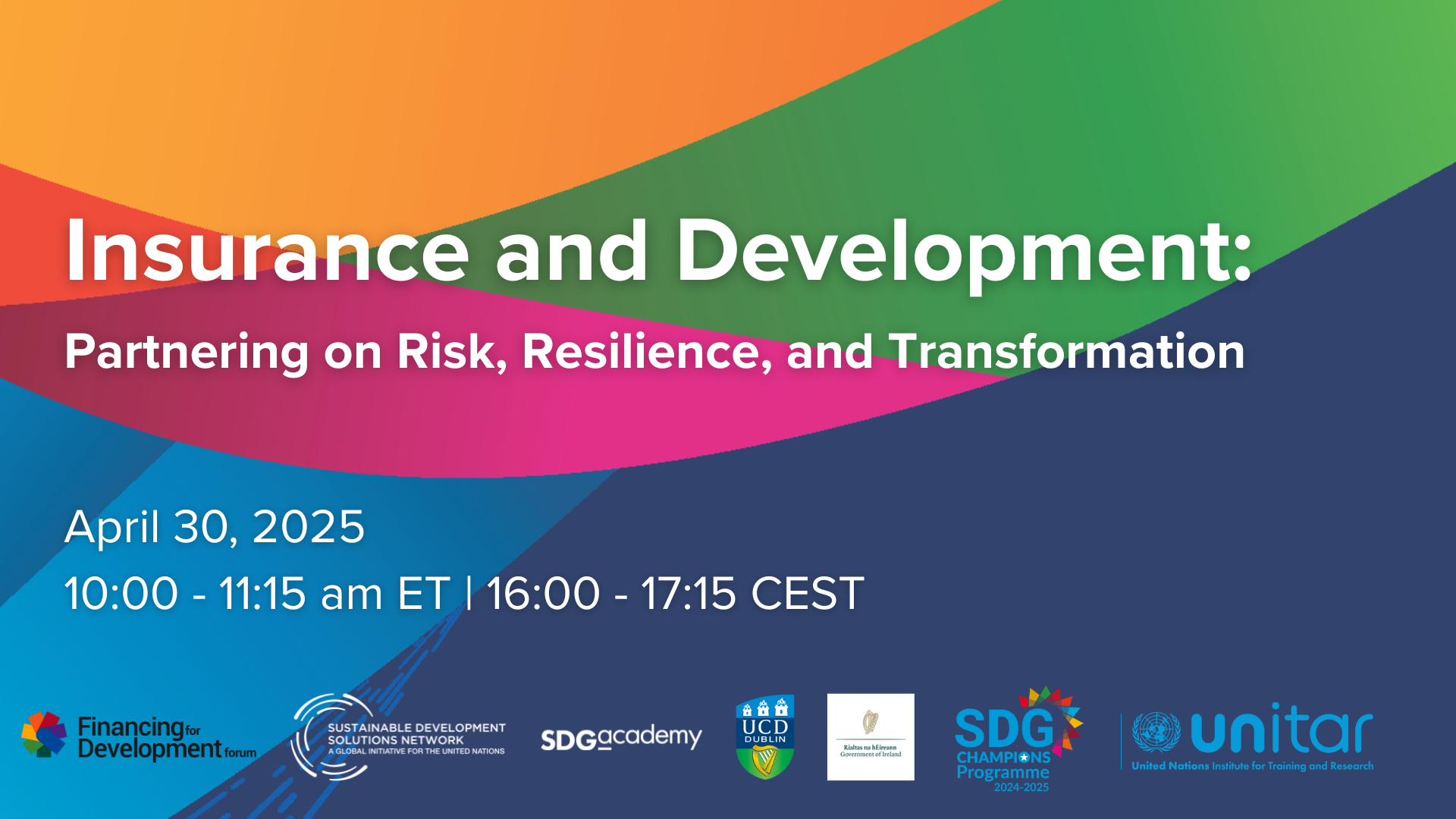
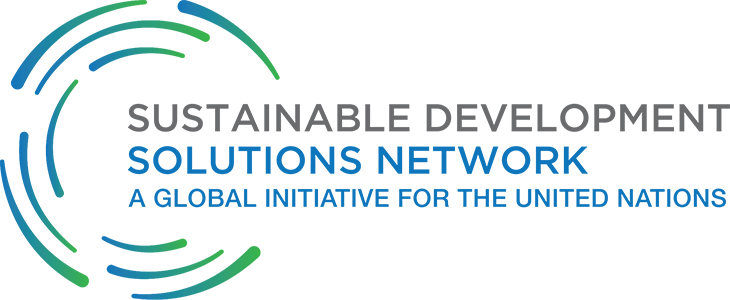
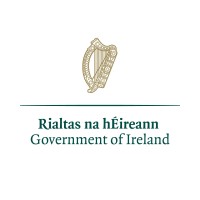

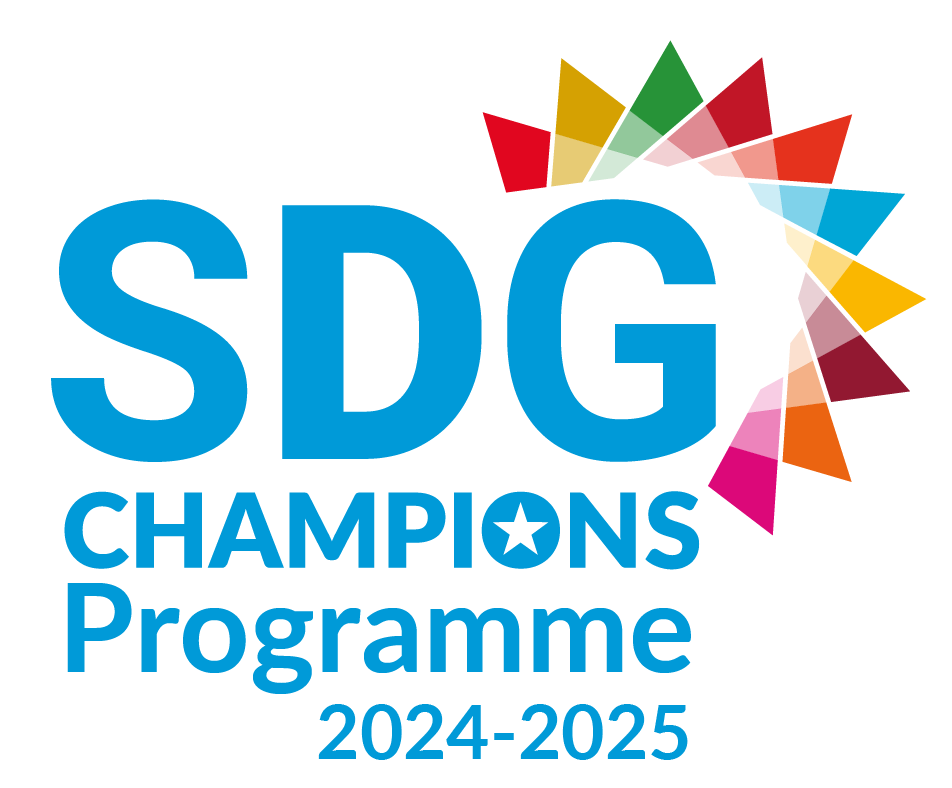

This webinar was an official side event of the 2025 ECOSOC Forum on Financing for Development & 4th PrepCom for FFD4 (30 April – 1 May)
Ahead of the 4th International Conference on Financing for Development, in Sevilla, Spain, on 30 June – 3 July 2025, how can partners work together to unlock public and private finance towards sustainable development?
The annual 2030 Agenda financing gap is $4.2 trillion. While risk is a recurring theme throughout development discussions, the insurance industry’s distinctive risk management and risk transfer capabilities remain significantly underutilized. The industry is a cornerstone of the global financial system, managing assets of over $40 trillion, paying claims and benefits of up to $5.5 trillion annually, and holding liabilities of $36 trillion for future payouts.
On April 29 2025, in an official side event of the of the 2025 ECOSOC Forum on Financing for Development & 4th PrepCom for FFD4 (30 April – 1 May), partners from the private and public sectors came together to discuss solutions from the insurance sector perspective to unlock capital for financing sustainable development.
The event also marked the official launch of two key SDSN projects with the insurance sector:
- The SDSN Position Paper on Insurance and Sustainable Development
- The Massive Open Online Course on Insurance and the SDGs
Sustainable Development and the Insurance Industry
In his opening remarks, Professor Patrick Paul Walsh highlighted the oversight in the draft Outcome document of the 4th International Conference on Financing for Development that emphasizes growing risks and the importance of risk management, referencing “risk” 32 times, but only mentions “insurance” six times. This is striking as Walsh highlighted that “no investment can happen without insurance.”
Considering that insurance is seldom mentioned as a key financial instrument alongside banking, lending, debt and investment tools, Professor Walsh, together with Lorcán Hall, Senior Advisor to the SDG Academy, have authored a Position Paper on Insurance and Sustainable Development.
To set the stage for the panel discussion, Lorcán Hall shared an overview of the Position Paper’s findings, which outlined the critical role of the insurance industry in achieving sustainable development. In particular, Hall emphasized that the Paper seeks to understand why the industry’s strengths receive limited attention in UN multilateral development agreements, how to mainstream discussions around risk, resilience, and insurance, and how the public and private sectors can scale the use of insurance solutions in development efforts.
Hall highlighted that 42 in-depth research interviews were conducted with senior administrators and executives with global roles across the public and private sectors, most of whom are practitioners. The synthesized findings are presented in the Paper as 11 design principles and 18 actionable recommendations for public and private sector audiences.
Importantly, these proposals do not seek to reinvent the wheel. Insurance solutions are already used for development purposes today. The panel’s four distinguished speakers below shared real world examples to demonstrate this and presented pathways on how these strengths can be leveraged much more to spark and drive transformational innovations across the economic, social, environmental, and governance dimensions of sustainable development.
Rethinking Insurance in Development Finance
The discussion centered on exploring how insurance can be leveraged more effectively as a tool for sustainable development. The panel was moderated by Lorcán Hall and involved:
- Ivo Menzinger, Chair Operating Committee, Insurance Development Forum (IDF)
- Dr. Franziska Arnold-Dwyer, Associate Professor of Law, UCL
- Mathieu Dubreuil, Lead Advisor for Disaster Risk Financing & Insurance, UN World Food Programme (WFP)
- Shelly Habecker PhD, Global Life & Health Sustainability Co-Lead, Swiss Re
The multiplicative power of insurance and risk management multi-stakeholder partnerships
Ivo introduced the Insurance Development Forum (IDF), a public-private partnership (PPP) launched in 2015 comprising 110 member organizations, led by the insurance industry, and co-chaired by the World Bank and UNDP. The IDF’s primary objective is to leverage the industry’s capabilities for development efforts, including its analytical and risk bearing capabilities, its know-how on reducing risks, and its asset base.
Ivo highlighted the role of IDF in impactful PPPs:
- The Tripartite Agreement, a partnership between IDF industry members, UNDP, the German Federal Ministry for Economic Cooperation and Development (BMZ), which supports countries by co-designing risk financing solutions, building public sector capacity, and integrating insurance into public policies. Projects include flood risk cover in Lagos, Nigeria, and support for climate-vulnerable farmers in Uzbekistan.
- The Global Risk Modeling Alliance uses open-source technology, develops risk models, and supports capacity-building initiatives to help climate-vulnerable countries assess risks and inform national resilience plans.
- The Resilience Infrastructure Fund, a partnership with Blackrock, invests in small- to mid-sized sustainable, resilient infrastructure projects in emerging and developing countries.
Although these initiatives are important, Ivo emphasized it is still a drop in the ocean given increasing global risks. As Ivo highlighted “what is not insurable is not investable.” Insurance is crucial for de-risking and unlocking finance but remains undervalued, particularly in developing markets. With this in mind, the IDF has partnered with the Bridgetown Initiative to embed insurance in global finance and development frameworks.
Transforming and innovating the insurance sector
Franziska highlighted the need for the insurance industry to fully embrace sustainable development. While companies’ sustainability efforts often focus on compliance and reporting, she noted that the insurance industry should see sustainability as a business innovation opportunity to tackle protection gaps and systemic financial risks more effectively.
The insurance sector often acts post-event, focusing exclusively on financial risk transfer, for example, on providing insurance for natural hazard events or the energy transition. However, if insurers take a more proactive role, they can build resilience and invest in loss prevention efforts through product innovation and collaboration.
As Franziska highlighted “this is not just a philanthropic or exclusively corporate social responsibility endeavor, (…) it makes business sense too.” Insurers, with their data, technology, and risk expertise, can become key players in loss prevention by spreading information, offering incentives and financing initiatives. In turn, this has the potential to create a growing virtuous circle of loss prevention → enhancing insurability → reducing protection gaps → business growth → more loss prevention → greater insurability of more assets in more natural hazard affected regions → closing further protection gaps → long-term business growth, etc.
Echoing Ivo’s points, Franziska also highlighted the power of multi-stakeholder partnerships in closing insurance protection gaps. When combining public guarantees with private insurance, coverage can become more affordable and effective. PPPs can share risk and lower cost, helping extend insurance to low-income households and small businesses while delivering broader economic benefits.
Integrating insurance solutions in development toolkits
From the perspective of a humanitarian agency, Mathieu highlighted the importance of insurance being increasingly included in development toolkits to quickly and predictably access finance when climate and humanitarian shocks occur. The World Food Programme (WFP), the world’s largest humanitarian agency, uses pre-arranged financing to act in anticipation, early, and right after a disaster strikes to protect vulnerable populations and complement traditional post-disaster responses.
WFP has been testing and using insurance solutions for 10-15 years at the community and system levels, working alongside social protection systems, where they exist. In 2024, WFP provided insurance coverage worth $360 million to over 6.1 million people. This is positive, but unfortunately it’s also a drop in the ocean.
WFP is supporting the recommendations from the High-Level Panel on Closing the Crisis Protection Gap and aims to increase pre-arranged finance from 3% to 20% by 2030, meaning it intends to have $1 billion in coverage available. However, to achieve this, Mathieu listed what still needs to be done:
- Coordinate financing tools better by developing a Disaster Risk Finance architecture.
- Integrate response plans between agencies and governments, and strengthen preparedness.
- Connect with social protection systems.
- Develop new financing models for the private sector to take a bigger role.
- Establish more transformational collaborations with a multitude of partners.
- Access to more data and evidence that measure the impact on livelihood, on lifesaving, and efficiency gains for the humanitarian sector.
As Mathieu stated “overall, we’re making good progress, but we have a long road ahead and not so much time, especially regarding the climate crisis. Humanitarian needs are exploding, so we need to go fast. But I’m hopeful that we can be creative.”
The importance of life and health insurance multi-stakeholder partnerships
To conclude the discussion, Shelly noted that while it is common to focus on the insurance industry’s role in climate resilience, sustainable development is broader. Insurance has a huge impact on addressing health-related protection gaps. As she highlighted “The life and health insurance gap is three and a half times larger than the natural catastrophe gap. So while it’s absolutely important to focus on solutions to protect against climate disasters, I don’t want us to forget the enormous needs on the life and health side.”
Swiss Re, one of the world’s largest (re)insurance companies estimates that the global annual life and health insurance protection gap is $1.35 trillion, which is 3.5 times larger than the natural catastrophe protection gap of $385 billion. So, what can be done?
Shelly shared a life and health related multi-stakeholder partnership in Nigeria that is aiming to reduce this gap in the country. Less than 5% of Nigerians are enrolled in the National Health Insurance scheme. Swiss Re, partnered with Women’s World Banking, Hygeia, and FCMB, to design a health insurance product embedded in small business loans. This initiative now provides 100,000 female entrepreneurs and their families with first-time access to health insurance.
Shelly also spoke about the misconception that financial inclusion is only for developing countries. In Europe, cancer is the leading cause of death, and many public healthcare systems struggle to treat it effectively and on time. Shelly shared an example of how Swiss Re has partnered with insurers in 17 European countries to offer affordable cancer insurance to over 500,000 people. This demonstrates how private insurance can complement public systems by addressing gaps in healthcare and social protection.
Knowledge spotlight: Insurance and the SDGs
Following the panel discussion, Antony Ireland, Better Insurance Network, and Isabela, SDG Academy and SDSN, announced the launch of the new online course on Insurance and the SDGs. Developed in collaboration with Better Insurance Network, SDSN, and UNITAR, and hosted by the SDG Academy, this course aims to equip stakeholders with the knowledge needed to integrate insurance solutions into development strategies.
It features six modules, expert-led case studies, interactive discussions, and is free to access. The course emphasizes insurance’s role in enabling the SDGs, closing protection gaps, and fostering public-private collaboration. It’s a call to embed insurance in mainstream sustainability thinking and unlock its potential as a driver of innovation and resilience.
Conclusion
The event successfully delivered its purpose: to showcase the impact of the insurance sector tools in unlocking financing for sustainable development.
In the panel, Ivo demonstrated the multiplicative power of insurance and risk management multi-stakeholder partnerships, Franziska emphasised the crucial need for greater investments into risk management efforts, Mathieu illustrated how a humanitarian agency has successfully integrated insurance into its pre-arranged financing strategy, and Shelly spotlighted the frequently overlooked but equally important need for life and health-related insurance multi-stakeholder partnerships.
This event fostered a deeper understanding of the transformative potential of insurance in the global development agenda and set the stage for stronger partnerships and policies that harness risk management for a more sustainable and resilient future.
Event Details
Organizers: UN Sustainable Development Solutions Network, Government of Ireland SDG Champion (UCD), UNITAR
Partners: Better Insurance Network, Insurance Development Forum, UCL, UN World Food Programme
Date: 30 April 2025
Time: 10h – 11h15 (ET) / 16h – 17h15 (CEST)
Venue: Zoom
Description: Despite global commitments, the stark reality is that only 16% of the SDG targets are on track and the annual 2030 Agenda financing gap is $4.2 trillion. While risk is a recurring theme throughout development discussions, the insurance industry’s distinctive risk management and risk transfer capabilities remain significantly underutilized. The industry is a cornerstone of the global financial system, managing assets of over $40 trillion, paying claims and benefits of up to $5.5 trillion annually, and holding liabilities of $36 trillion for future payouts. This webinar will explore how the industry can play a greater role in helping households, businesses, and governments navigate risks, build resilience, and enable transformations from unsustainable to sustainable practices. Leading global experts across the public and private sectors will explore how insurance can drive the transformational innovations required to achieve sustainable development.
CONCEPT
Sustainable development is at risk. Cascading and compounding risks and crises are obscuring our collective vision for a sustainable future, a future where we have successfully transformed our world across the economic, social, environmental, and governance dimensions. Unfortunately, despite global commitments, the stark reality is that only 16% of the SDG targets are on track and the annual 2030 Agenda financing gap is $4.2 trillion.
A revitalized international financial architecture is urgently required to unlock public and private finance towards sustainable development. A whole-of-society approach is crucial. However, while the financial instruments of banks and investors are widely recognized as essential levers of change, the insurance industry’s distinctive risk management and risk transfer capabilities remain significantly underrepresented in development agendas and frameworks.
The draft Outcome document of the 4th International Conference on Financing for Development emphasizes growing risks and the importance of risk management, referencing “risk” 32 times, yet “insurance” is mentioned only six times. This oversight is striking given that the insurance industry is a cornerstone of the global financial system, managing assets of over $40 trillion, paying claims and benefits of up to $5.5 trillion annually, and holding liabilities of $36 trillion for future payouts.
This event will explore how the insurance industry can play a greater role in helping households, businesses, and governments navigate risks, build resilience, and enable transformations from unsustainable to sustainable practices. Leading global experts across the public and private sectors will explore how insurance can drive the transformational innovations required to achieve sustainable development.
KEY QUESTIONS
This event will convene senior leaders and decision-makers from the public and private sectors to explore how insurance can be leveraged more effectively as a tool for sustainable development. Key questions include:
1. How does the insurance industry help households, businesses, and governments navigate risks, build resilience, and enable transformations from unsustainable to sustainable practices?
2. How are development organizations integrating insurance into their toolkits to quickly and predictably access finance after climate- and humanitarian-related shocks occur, enabling populations to recover and rebuild quicker?
3. How does insurance support people to manage catastrophic health expenses and the death of breadwinners, reducing the likelihood of vulnerable populations falling into extreme poverty?
4. What actions can policymakers, regulators, development organizations, and (re)insurance companies take to scale the use of insurance in development efforts and build societal resilience?
EXPECTED OUTCOMES
Launch of the SDSN Position Paper on Insurance and Sustainable Development: This paper will outline the critical role of insurance in risk management, resilience building, and sustainable development, providing actionable recommendations for policymakers and industry leaders.
Launch of the MOOC on Insurance and the SDGs: Developed in collaboration with Better Insurance Network, SDSN, and UNITAR, and hosted by the SDG Academy, this course will equip stakeholders with the knowledge needed to integrate insurance solutions into development strategies.
Recommendations to the next draft outcome document of the 4th Forum on Financing for Development (FFD4).
By bringing together key stakeholders, this event aims to foster a deeper understanding of the transformative potential of insurance in the global development agenda and set the stage for stronger partnerships and policies that harness risk management for a more sustainable and resilient future.
Proposed agenda
10h – 10h10
Opening Remarks & Keynote
- Paul Walsh, Vice President of Education & Director of the SDG Academy, UN Sustainable Development Solutions Network (SDSN)
10h10 – 10h15
Setting the Scene: Sustainable Development and the Insurance Industry
- Lorcán Hall, Senior Advisor, SDG Academy, UN Sustainable Development Solutions Network (SDSN)
- SDSN Position Paper on Insurance & Sustainable Development – A roadmap for integrating insurance into global development strategies.
10h15 – 10h50
Panel Discussion: Rethinking Insurance in Development Finance
Speakers
- Ivo Menzinger, Chair Operating Committee, Insurance Development Forum
- Dr. Franziska Arnold-Dwyer, Associate Professor of Law, UCL
- Mathieu Dubreuil, Lead Programme Advisor for Disaster Risk Financing, Climate and Resilience Service, World Food Programme
- Shelly Habecker PhD, Global Life and Health Sustainability Lead, Swiss Re
Moderator: Lorcán Hall, Senior Advisor, SDG Academy, UN Sustainable Development Solutions Network (SDSN)
Format:
- Each panelist provides a short (6-8min) intervention
- Moderated discussion
10h50 – 11h00
Knowledge Spotlight: The role of insurance on advancing the SDGs
- Isabela Carrozza Joia, Program Associate, UN Sustainable Development Solutions Network (SDSN)
- Antony Ireland, Co-founder, Better Insurance Network
11h00 – 11h10
Q&A
11h10 – 11h15
Closing Remarks: The Way Forward
- Paul Walsh, Vice President of Education & Director of the SDG Academy, UN Sustainable Development Solutions Network (SDSN)
Speakers:
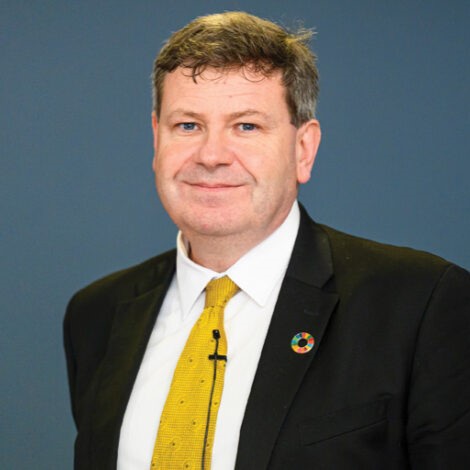
Patrick Paul Walsh, Vice President of Education and Director, SDG Academy, UN Sustainable Development Solutions Network (SDSN)

Patrick Paul Walsh is the Vice President of Education and Director of the SDG Academy at the UN Sustainable Development Solutions Network (SDSN). He is on secondment from University College Dublin where he remains a Full Professor of International Development Studies, Director of the UCD M.Sc. in Sustainable Development in partnership with the SDG Academy and President of the Statistical and Social Inquiry Society (SSISI) of Ireland. He received a Ph.D. in Economics from the London School of Economics and Political Science. He is a Government of Ireland Fellow, Marie Curie (Brussels) Fellow, IZA (Bonn) Fellow, RSA (London) Fellow, EIIR (Brussels) Fellow and REPOA (Tanzania) fellow. He has held academic positions in Trinity College Dublin, K.U. Leuven, Harvard University and Columbia University. He has also held positions in the United Nations, European Commission, IMF and World Bank.
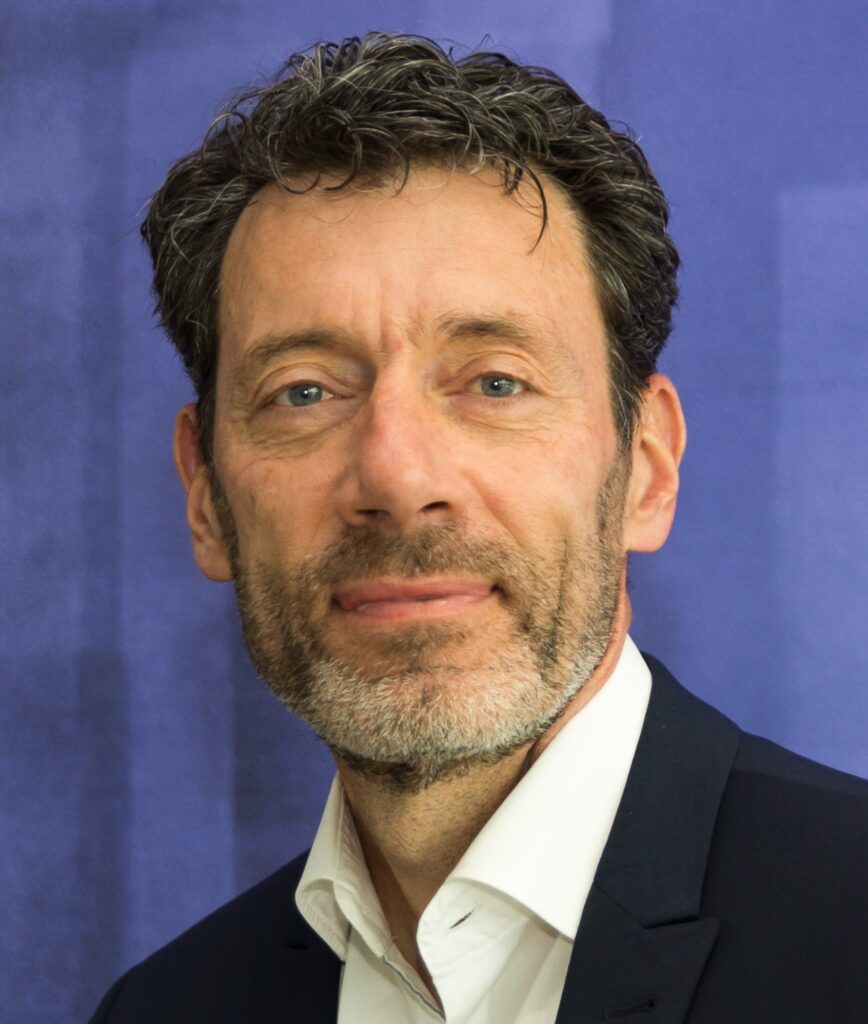
Ivo Menzinger, Chair Operating Committee, Insurance Development Forum

Ivo Menzinger is Chair of the Operating Committee of the Insurance Development Forum, a member of the OECD’s High Level Advisory Board on the Financial Management of Catastrophes, and Swiss Re’s Managing Director responsible for business with the public sector across Europe, Middle East & Africa. At Swiss Re, Ivo and his team advise governments and publicly owned entities on their risk transfer and risk services needs and implement innovative insurance solutions. Ivo holds a Master of Science (MSc) degree in Environmental Sciences from the Federal Institute of Technology in Switzerland (ETH), complemented by graduate studies in the US and post-graduate studies in Costa Rica.
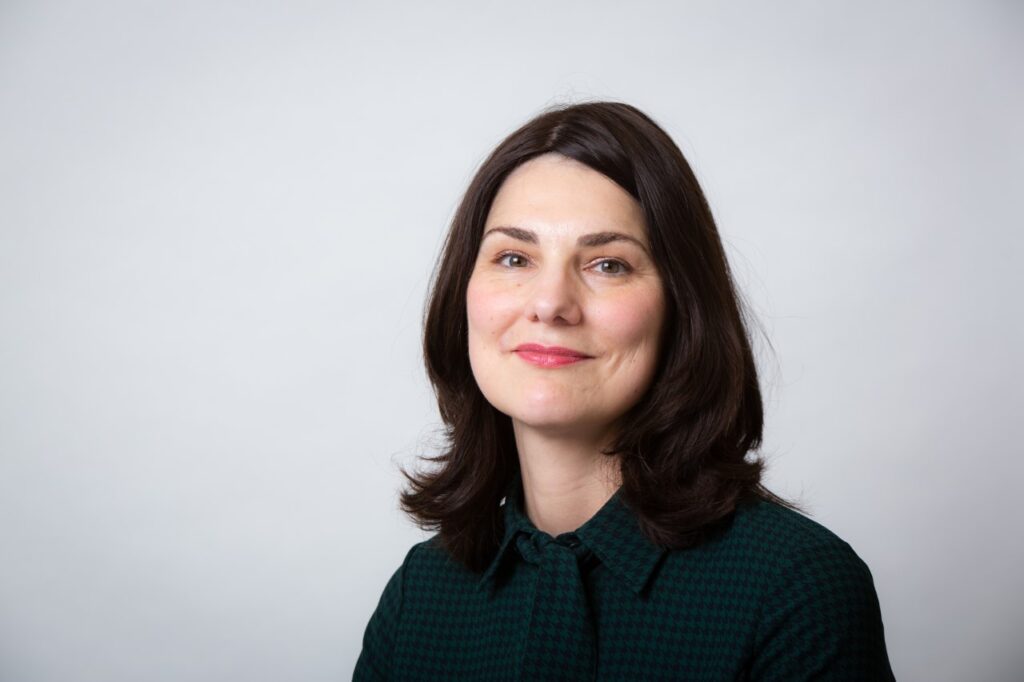
Dr. Franziska Arnold-Dwyer, Associate Professor of Law, UCL
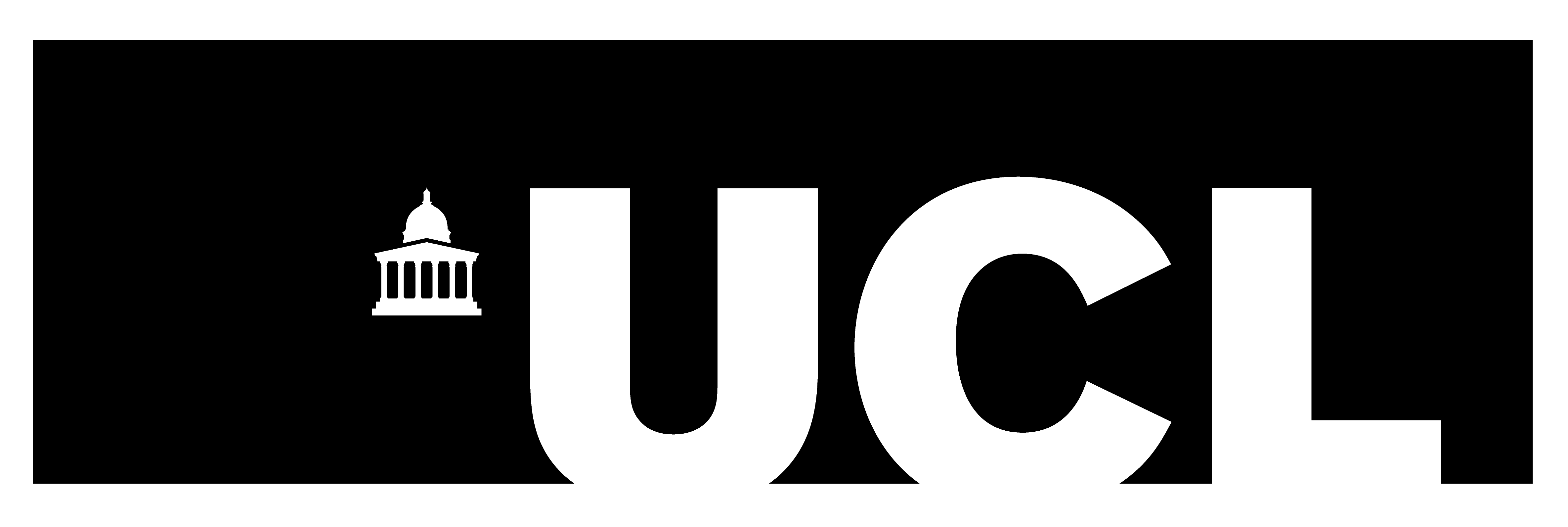
Dr Franziska Arnold-Dwyer is an Associate Professor at UCL and a Solicitor of the Senior Courts of England and Wales. Her research interests are re/insurance solutions and the intersection of insurance contract law, risk governance, climate change and sustainability. Her pioneering book ‘Insurance, Climate Change and the Law’ (Routledge, 2024) won an InsuranceERM Climate Risk and Sustainability Award in 2024. She is the editor of leading reinsurance law textbook ‘The Law of Reinsurance and England and Bermuda’ (4th 5th and 6th edition; Sweet & Maxwell) and has published widely on re/insurance law.
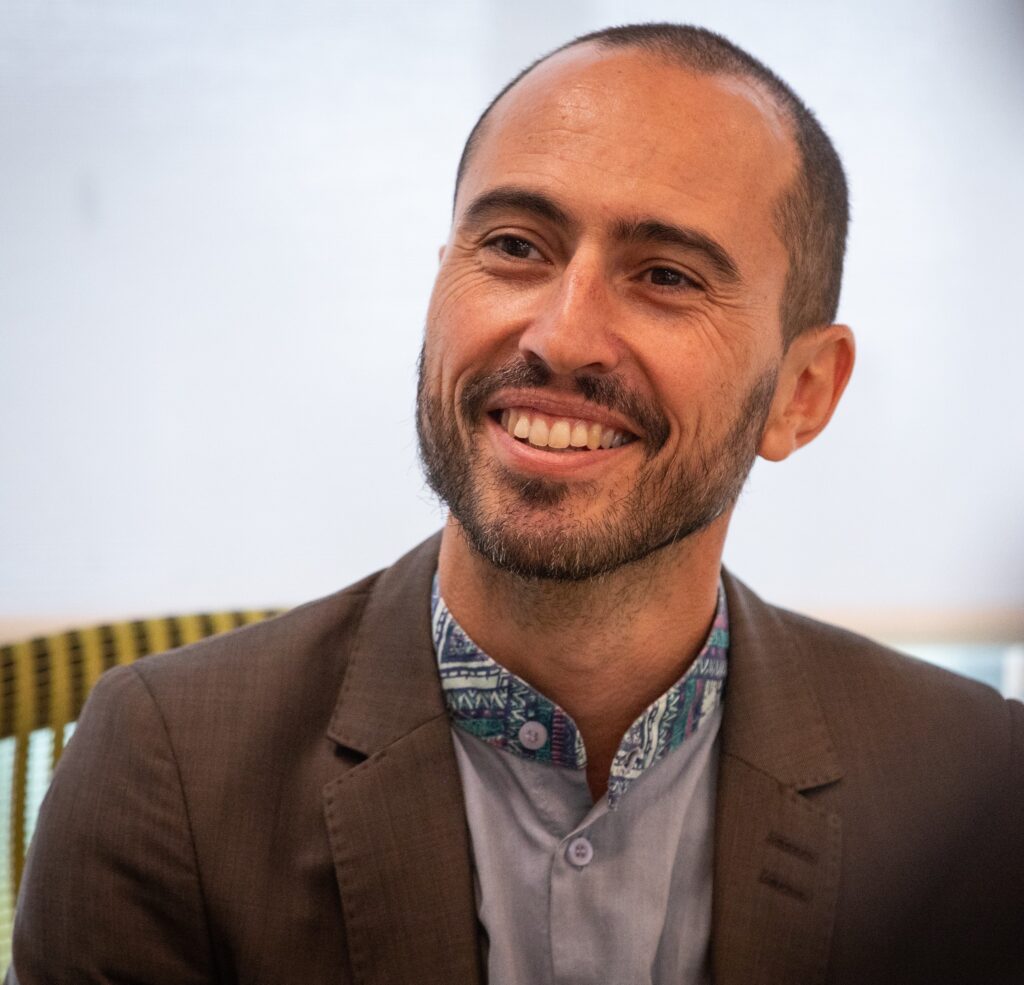
Mathieu Dubreuil, Lead Advisor for Disaster Risk Financing & Insurance, World Food Programme
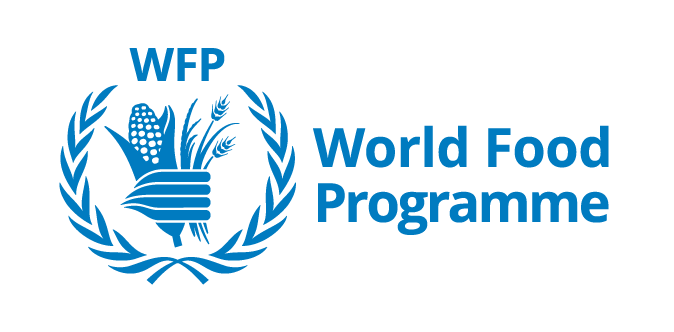
Mathieu Dubreuil is Lead Programme Advisor for Disaster Risk Financing at the World Food Programme in the Climate and Resilience Service. He is overseeing the development and implementation of all insurance programmes globally, both at community and global levels. In 2024, WFP recorded more than 6 m beneficiaries from insurance schemes. He is also a member of the Insurance Development Forum and the Global Shield against Climate Risks. Before joining WFP, he was managing PlaNet Guarantee in West Africa, and particularly heading a regional index insurance programme, based in Senegal, introducing the first index insurance schemes in the region. Mathieu graduated from EDHEC Business School.
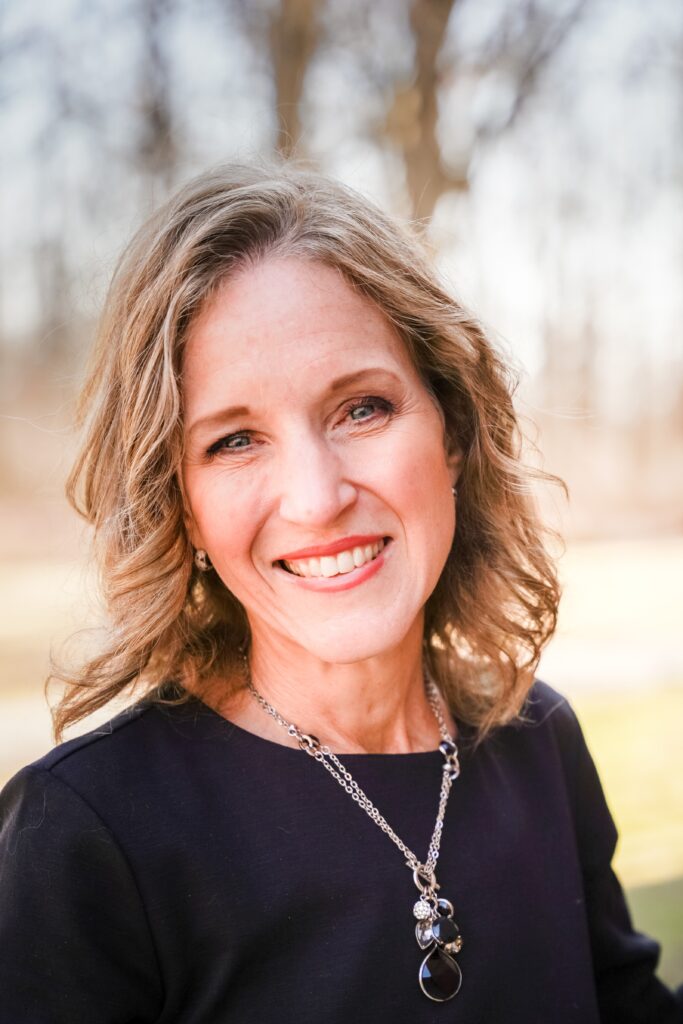
Shelly Habecker PhD, Global Life & Health Sustainability Co-Lead, Swiss Re

As Global Life & Health Sustainability Co-Lead, Shelly Habecker drives Swiss Re’s global efforts to make life and health insurance more inclusive for underserved communities. At Swiss Re for nine years, Shelly has held several roles dedicated to customer research, strategic partnerships, and leading cross-functional teams to innovate insurance solutions that enable social impact and business growth. She is an anthropologist with an Oxford University PhD in Development Studies and seven years’ experience teaching at two US universities. She also worked for the US government Office of Refugee Resettlement and in several African countries as a US Peace Corps volunteer and consultant for NGOs and the UNHCR.
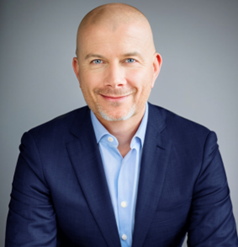
Lorcán Hall, Senior Advisor, SDG Academy, UN Sustainable Development Solutions Network (SDSN)
Lorcán Hall is Senior Advisor to the SDG Academy at SDSN. He is a strategy, transformation, and innovation leader with 25 years’ experience across the insurance, pensions, and investment sectors in Ireland, Italy, Germany, Switzerland, and the UK. Most recently, he held global leadership roles with Hannover Re and SCOR, two of the world’s largest reinsurance companies. With an MSc. in Sustainable Development from University College Dublin, earned in collaboration with the SDG Academy, and an MBA, Lorcán’s current focus is facilitating multi-stakeholder partnerships to ideate, innovate, and scale impactful insurance solutions.
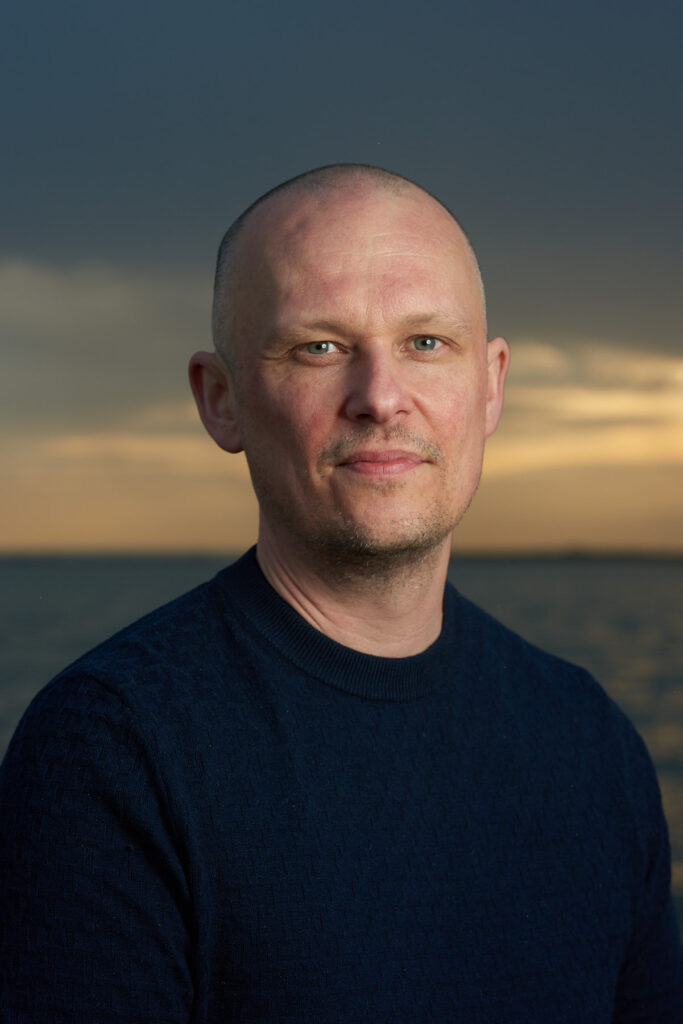
Antony Ireland, Founder, Better Insurance Network

Antony Ireland is the founder of Better Insurance Network, a global community of insurance professionals driving sustainability best practices, implementation and innovation through knowledge sharing, networking, mentoring and education. Key achievements include developing Sustainability for Insurers elearning – the first dedicated online sustainability training tool for insurance professionals, created in collaboration with 15 organisations and adopted by major carriers in the UK, Europe and Bermuda. Prior to launching Better Insurance Network in 2021, Antony covered risk, insurance and asset management for 15 years as a financial journalist, editing trade publications and launching emerging markets titles in Asia, Africa, Latam and the Middle East.

Isabela Carrozza Joia, Program Associate, UN Sustainable Development Solutions Network (SDSN)

Isabela is a Program Associate, SDG Academy, at the UN Sustainable Development Solutions Network (SDSN). She is one the lead project managers of the Insurance and the SDGs Massive Open Online Course (MOOC), supporting in its conception, development and outreach initiatives. Before joining SDSN, Isabela worked on sustainable development communication strategies at the OECD Development Communication Network, specializing in researching public perceptions and attitudes towards sustainable development. She holds a MSc in International Affairs from the Graduate Institute of Geneva (IHEID).
